蔡沛倫:The Olympic Games and Human Rights
/in Research & Working Papers /by cils.nccuPei-Lun Tsai
Ph.D. student, School of Law,
University of Nottingham
Sports and human rights, two concepts that seem to have little relevance, are in fact closely linked against the backdrop of the Olympic Movement. The respect for human rights is embedded in the Olympic Charter and past practice has seen occasional use of the Olympic Games as a vehicle for changes and reform in the field of human rights in host and participating countries. A recent example saw the International Olympic Committee (IOC) engaged in talks with Saudi Arabia before the commencement of the 2012 London Olympics, urging the country to allow female athletes to compete at the Games. The contribution below reflects on the relation between the Olympics and human rights with reference to a number of notable examples in this regard.
林宜亭:The Institutional Changes in the EU after the Treaty of Lisbon
/in Research & Working Papers /by cils.nccuChristine Ie-Ting Lin
Universiteit Leiden, MIRD
To understand the institutional design of the EU, one often encounters the problems on the names of the organs and their competences under the Union. The institutional design of the EU contains seven main organs of the EU[1], and they fall into three main powers: executive, legislative and judicial, with the control power serves supportive tasks to the Union[2]. This article will examine the changes of the EU after the Treaty of Lisbon[3] came into force in three parts, the balance of power between the executive and legislative, the powers of judicial organ, and the effects given by a new international legal personality after the ToL.
